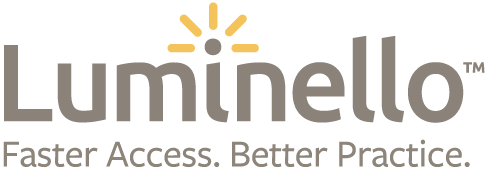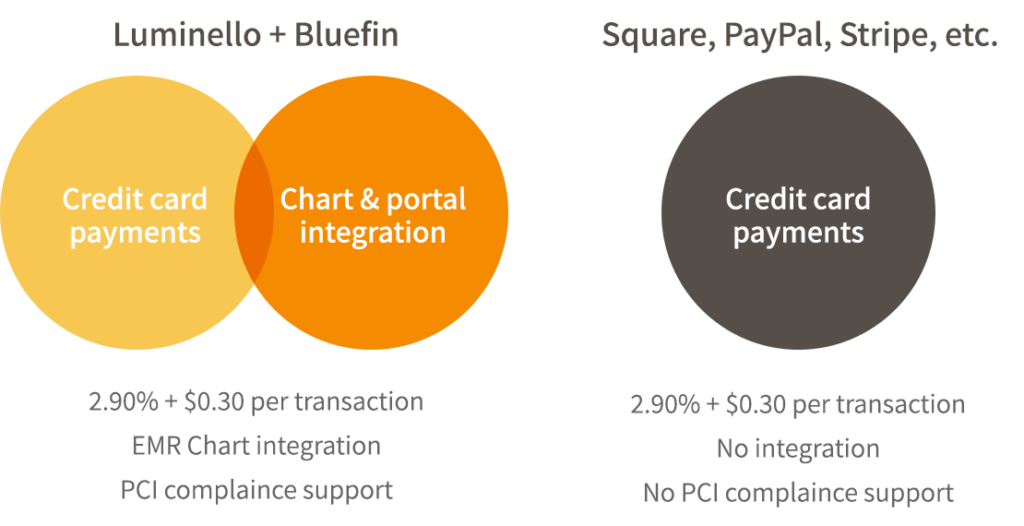It is estimated that nearly 19 percent of workers rate their health as fair or poor. These individuals report having 4x more unplanned absences due to mental health struggles than their colleagues who report very good mental health. This missed work and loss of productivity is estimated to cost the economy $47.6 billion annually. It is no wonder that so many organizations and companies have invested in Employee Assistance Programs (EAPS). EAPS are workplace sponsored plans that provide a variety of no cost services to address personal issues. These services may include anything from legal guidance to financial planning, but a key feature is often session-limited individual counseling (usually fewer than 6).
Many companies contract out with mental health agencies and individual clinicians to provide confidential mental health services. If you as a clinician or practice manager have contracted with an EAP, you have likely encountered the following scenario: the few allotted free sessions are not adequate for addressing the client’s mental health concern. It is easy as a clinician to feel concerned about abandoning clients after allotted sessions are up, while also knowing that as professionals we need to be paid for any future sessions. While this situation is not ideal, there are certain steps practitioners can take to navigate the situation with care and consideration.
Have Training In Short Term Counseling
Having limited sessions does not necessitate ineffectual care. In fact, short term counseling has shown to be effective in assisting individuals in managing stress, decreasing symptoms of anxiety and depression, and increasing relational efficacy. However, practitioners need to be aware that short term care sessions do often look significantly different than long term care sessions. There is often less emphasis on rapport building and more emphasis on skill building. Having adequate training on short term intervention can increase the efficacy of EAP sessions, leaving some clients equipped after only a few sessions.
Communicate Clearly From the Beginning
When working with EAPS, verbalizing sessions’ limits should be a part of informed consent during the first session. A discussion can take place where the client is able to decide what issue(s) need the most attention. Having the client understand the time limited nature of treatment safeguards clients from feelings of abandonment when sessions do inevitably end.
Discuss Limitations and Provide Trauma Informed Care
When practitioners are working with EAPS, it is important to keep a close eye on what is being discussed and how it is going to impact functioning. This is especially true when we look at care from a trauma informed lens. If a client begins to disclose traumatic events, practitioners may need to provide psycho-education on trauma treatment and limitations of this treatment within a brief therapy model. Discussing traumatic events can be painful and exacerbate symptoms if follow up care is not available. It is our ethical duty to do no harm and when avoidable not have clients leave in worse condition than when they entered.
Collaboratively Evaluate Progress
During the last several sessions, it is useful to ask your clients how they are feeling about the stated presenting concern they came in with. Do they feel it has been addressed? Have more concerns come up that also need treatment? You can reflect back to the client your professional insights from sessions and express any additional supports that may be helpful moving forward. Practitioners can empower their clients to make decisions about their mental health journey and collaborate to create a plan that aligns with their goals.
Evaluate Financial Resources
When it is determined that a client requires additional sessions, it may be as easy as having them pay out of pocket to continue working within your practice to continue care. However for some clients the cost of continuing treatment may be prohibitive. This necessitates having an open and honest conversation with clients about their financial resources for further treatment. This can include discussing any type of insurance they have and what they could realistically afford out of pocket. Some practices have sliding scale payments, while others do not. Know your practice’s financial policies to determine if clients can stay in house or need to be referred to a more affordable option.
Referring to Affordable and Accessible Care
If it has become clear that financially it is not going to be feasible to continue working with your client, it is time to explore referrals. Connecting clients to affordable and accessible resources shows your commitment to their well-being and understanding the financial barriers they are facing. Below are some resources and organizations to have on hand for referrals.
FindTreatment.gov is a free government resource to match low income individuals with sliding scale or no cost treatment nationwide.
Website: https://www.findtreatment.gov/
Phone: 800-662-HELP (4357).
Open Path Psychotherapy Collective is a national directory of practitioners who provide sliding scale treatment. Sessions generally cost between $40-$70, a significant discount from most out of pocket costs.
Website: https://openpathcollective.org/
Online-therapy.com is a subscription service counseling platform that costs between $39.95–$79.95 a week. It’s known for practitioners who specialize in CBT. This website also offers couples therapy.
Website: https://www.online-therapy.com/
Mental Health America is a resource that matches your clients with support groups that are no cost. It also is an excellent resource for psycho-education and directories for various levels of care.
Website: https://mhanational.org/
References
- Risher, B. (2021, December 12). The emerging benefits of Short-Term therapy – elemental. Medium. https://elemental.medium.com/the-emerging-benefits-of-short-term-therapy-1dc5058d0e0
- Agrawal, B. D. W. a. S. (2022, December 13). The economic cost of poor employee mental health. Gallup.com. https://www.gallup.com/workplace/404174/economic-cost-poor-employee-mental-health.aspx
- Fraga, J. (2023, August 2). Therapy for every budget: How to access it. Healthline. https://www.healthline.com/health/therapy-for-every-budget#comparison-chart
- What is an Employee Assistance program (EAP) & what are the benefits? (2023, January 17). Paychex. https://www.paychex.com/articles/employee-benefits/employees-stressed-an-eap-can-help


